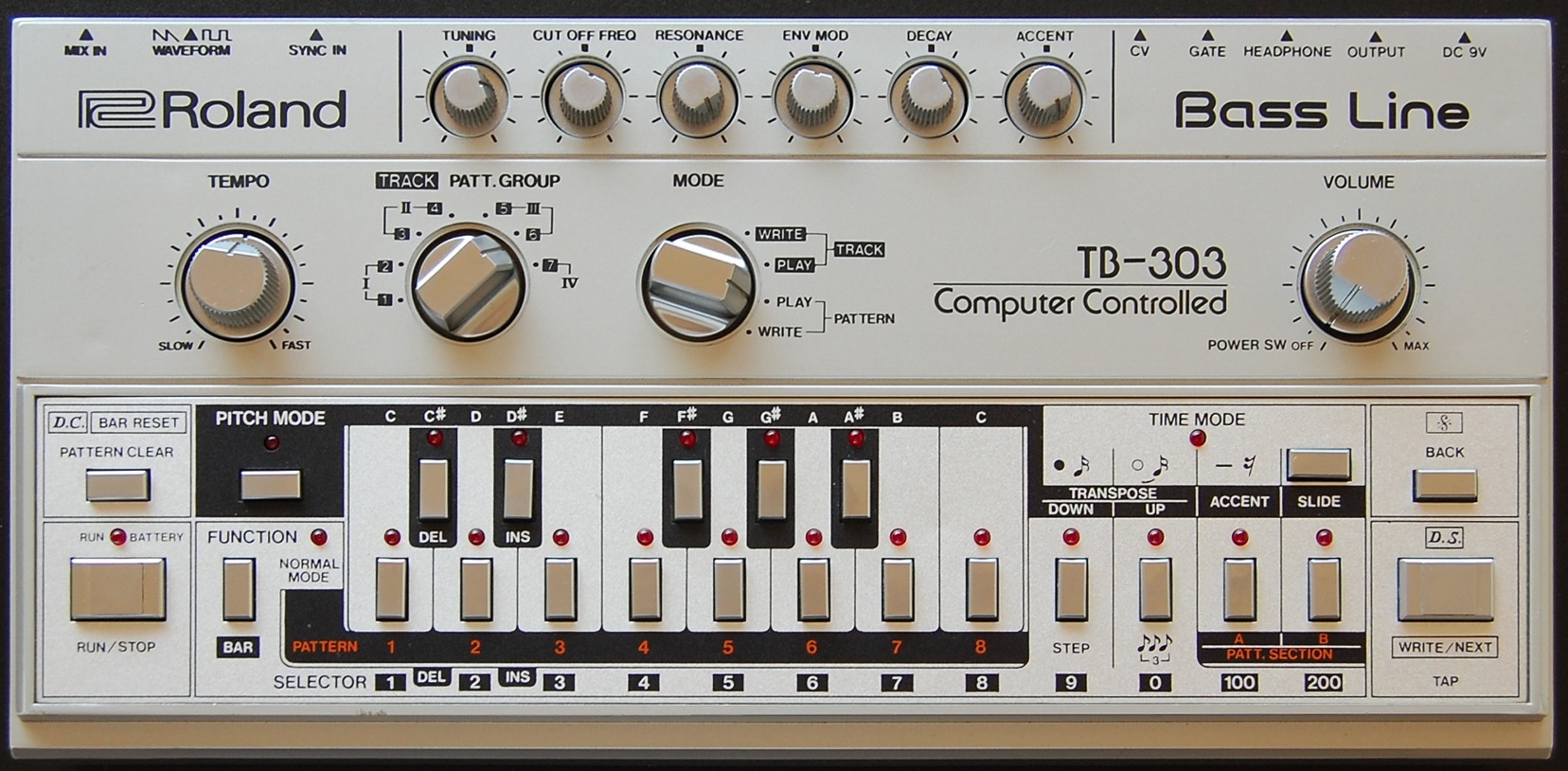The first thing I do when I wake up in the morning is turn on the radio. Am I entering the digital world right then? As a loyal and passionate radio listener, am I part of a digital community involved in digital culture? What is the position of the radio in the digital world? What is digital culture – or, to begin with, what does digital even mean?
There are many definitions of digital out there, but when it comes to digital signals, which is relevant to radio broadcasting, they boil down to the following: A digital signal is binary, hence information is stored in a format that only uses discrete values, namely 1 and 0. This stands in contrast with analog signals that continually vary among a range of values. For the details, I recommend this readable article.
Well, it may surprise you, but I am still using a good old portable AM/FM radio that solely receives analog signals, using decades-old technology. Hence, at least in a technical sense, radio isn’t necessarily a digital medium. However, the advance of digital radio seems unstoppable.1 In 2017, Norway became the first country in the world to completely switch off national FM services; and other countries will follow. In the Netherlands and in Germany, consumers are regularly confronted with ads promoting digital radio accompanied by a friendly reminder that more and more stations switch off FM broadcasting. I won’t deny that there are lots of benefits of digital radio: (a lot) more stations are available, sound quality is excellent, tuning is as easy as pie, and energy consumption is minimised – to mention just some advantages.
While in the Netherlands, transition to digital radio seems to proceed relatively smoothly, when the German national public radio broadcaster Deutschlandfunk informs about digital radio, they can expect concerned, outraged and angry reactions. While a lot of Germans are keen on the latest technology when it comes to phones or cars, they are unwilling buy a modern DAB+ radio or, if possible, upgrade their traditional one to enable reception of digital signals. Certainly, a lot of people just don’t care, but I have the impression that there is also a substantial group of Germans who don’t embrace further steps in digitalisation and feel left behind already. In my view, this issue is linked to a couple of broader questions we should think about thoroughly. As a society, should be preserve “analog spaces”? Can people be forced to use digital means? Does one have the right to lead a non-digital life? I might dedicate another blog on those topics soon …
… but for now, let me return to my radio. I am unsure why I am so reluctant to switch to digital radio. Is it so much fun to adjust the antenna several times a day? Do I enjoy tuning manually with the small wheel on the right side of my radio, until I finally pick up one of the numerous frequencies memorised years ago (and probably for the rest of my life)? One thing’s for sure, I am fond of slight sound interference. It reminds me of the fact that I am not the only one listening to the news, an interview or that piece of music – and that makes me happy. When listening through the internet, this experience is much less intense, unfortunately. Still, as the end of FM broadcasting is in sight, I try to prepare myself to get used to digital radio one day. For sure, it wouldn’t be the first time in my life making such a switch. I actually got rid of my almost intimidatingly loud ticking analog alarm clock years ago, and became fond of a modern, digital one instead. So, for the question of when precisely I interact with digital devices for the first time at the beginning of the day, it doesn’t even matter what kind of radio I listen to.
- To avoid confusion, let me clarify that digital radio works offline, i.e. it is something different from listening to the radio through the internet. ↩︎




This is a very good blog post. I really enjoy your analysis of why you specifically enjoy listening to the radio. I think as more and more of the world gets digitalized there is an increasing nostalgia for the analog. Analog media force us to be mindful, to go through a ritual, and sharing those rituals with others can give us a sense of connectedness.